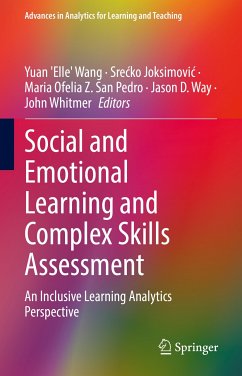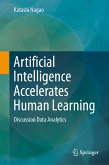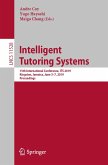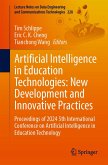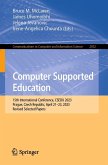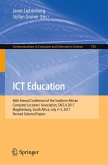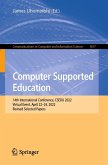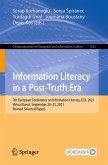In this book, we primarily focus on studies that provide objective, unobtrusive, and innovative measures (e.g., indirect measures, content analysis, or analysis of trace data) of SEL skills (e.g., collaboration, creativity, persistence), relying primarily on learning analytics methods and approaches that would potentially allow for expanding the assessment of SEL skills and competencies at scale. What makes the position of learning analytics pivotal in this endeavor to redefine measurement of SEL skills are constant changes and advancements in learning environments and the quality and quantity of data collected about learners and the process of learning. Contemporary learning environments that utilize virtual and augmented reality to enhance learning opportunities accommodate for designing tasks and activities that allow learners to elicit behaviors (either in face-to-face or online context) not being captured in traditional educational settings.
Novel insights provided in the book span across diverse types of learning contexts and learner populations. Specifically, the book addresses relevant and emerging theories and frameworks (in various disciplines such as education, psychology, or workforce) that inform assessments of SEL skills and competencies. In so doing, the book maps the landscape of the novel learning analytics methods and approaches, along with their application in the SEL assessment for K-12 learners as well as adult learners. Critical to the notion of the SEL assessment are data sources. In that sense, the book outlines where and how data related to learners' 21st century skills and competencies can be measured and collected. Linking theory to data, the book further discusses tools and methods that are being used to operationalize SEL and link relevant skills and competencies with cognitive assessment. Finally, the book addresses aspects of generalizability and applicability, showing promising approaches for translating research findings into actionable insights that would inform various stakeholders (e.g., learners, instructors, administrators, policy makers).
Dieser Download kann aus rechtlichen Gründen nur mit Rechnungsadresse in A, B, BG, CY, CZ, D, DK, EW, E, FIN, F, GR, HR, H, IRL, I, LT, L, LR, M, NL, PL, P, R, S, SLO, SK ausgeliefert werden.
Es gelten unsere Allgemeinen Geschäftsbedingungen: www.buecher.de/agb
Impressum
www.buecher.de ist ein Internetauftritt der buecher.de internetstores GmbH
Geschäftsführung: Monica Sawhney | Roland Kölbl | Günter Hilger
Sitz der Gesellschaft: Batheyer Straße 115 - 117, 58099 Hagen
Postanschrift: Bürgermeister-Wegele-Str. 12, 86167 Augsburg
Amtsgericht Hagen HRB 13257
Steuernummer: 321/5800/1497
USt-IdNr: DE450055826
Bitte wählen Sie Ihr Anliegen aus.
Rechnungen
Retourenschein anfordern
Bestellstatus
Storno

